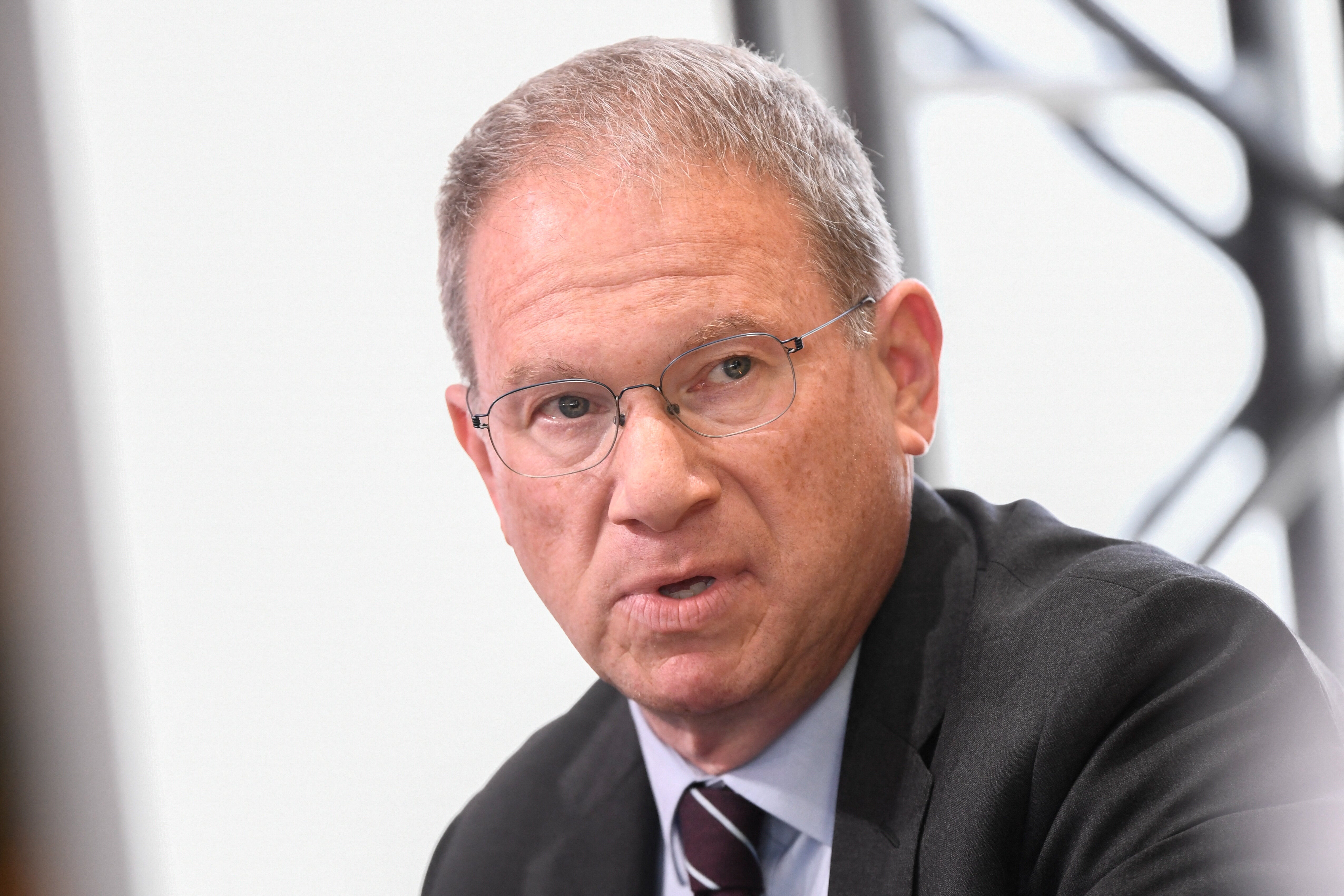
!function(n){if(!window.cnx){window.cnx={},window.cnx.cmd=[];var t=n.createElement('iframe');t.display='none',t.onload=function(){var n=t.contentWindow.document,c=n.createElement('script');c.src='//cd.connatix.com/connatix.player.js',c.setAttribute('async','1'),c.setAttribute('type','text/javascript'),n.body.appendChild(c)},n.head.appendChild(t)}}(document);(new Image()).src = 'https://capi.connatix.com/tr/si?token=ff7fdddc-5441-4253-abc4-f12a33fad58b';cnx.cmd.push(function(){cnx({"playerId":"ff7fdddc-5441-4253-abc4-f12a33fad58b","mediaId":"ad1c452d-4cfc-4f3a-91a1-0720764dcfa3"}).render("67e53a2be4b0db54f77d28b1");});Jeffrey Goldberg, the Atlantic editor who was added to a Trump administration group chat planning war strikes in Yemen, said Wednesday that he published the full text transcript to let “readers decide for themselves” how confidential the discussions in the thread really were.In an appearance on MSNBC’s Morning Joe, Goldberg shared details about The Atlantic’s decision to publish the whole text conversation he became privy to when national security adviser Michael Waltz inadvertently added him to a group chat on Signal with 18 Trump administration officials ― something he first detailed in a
Full Story